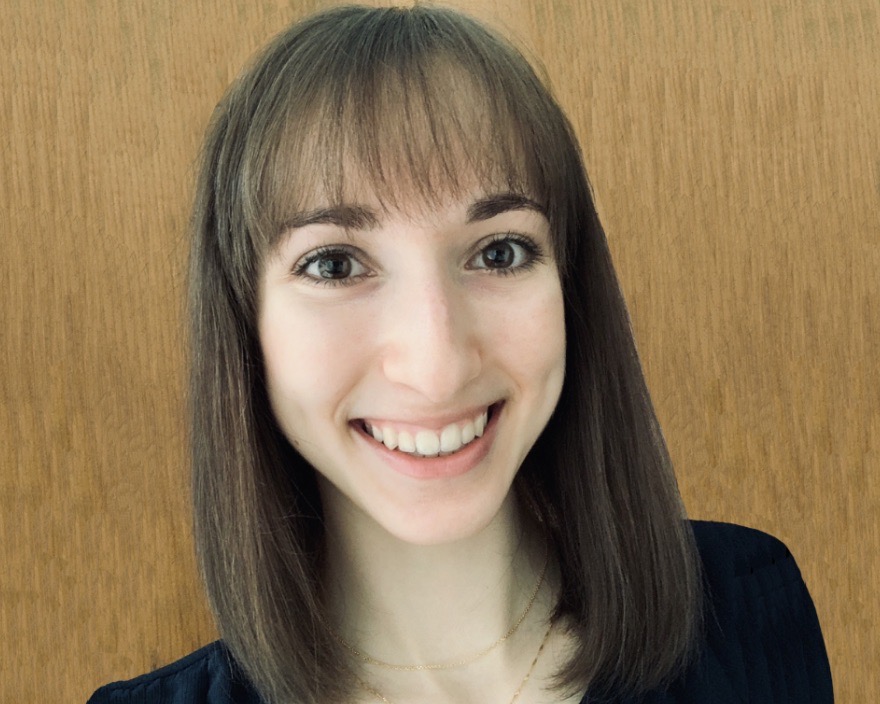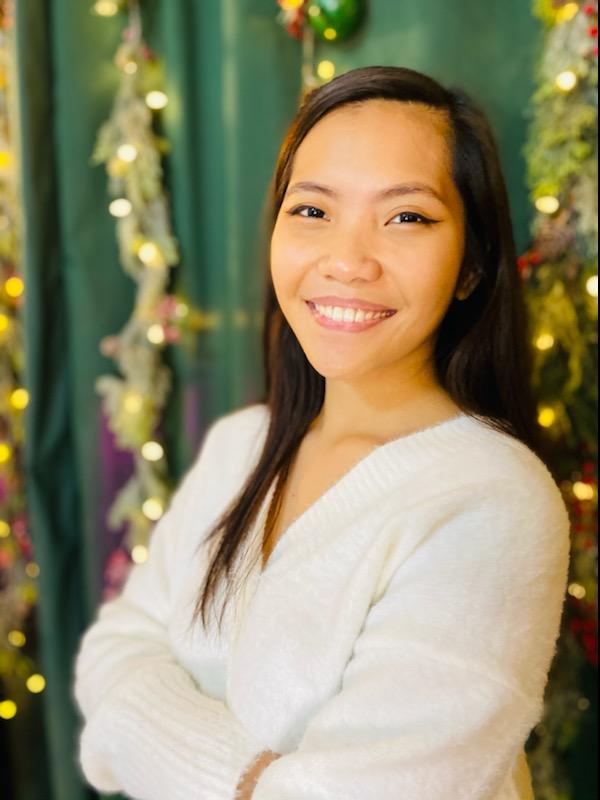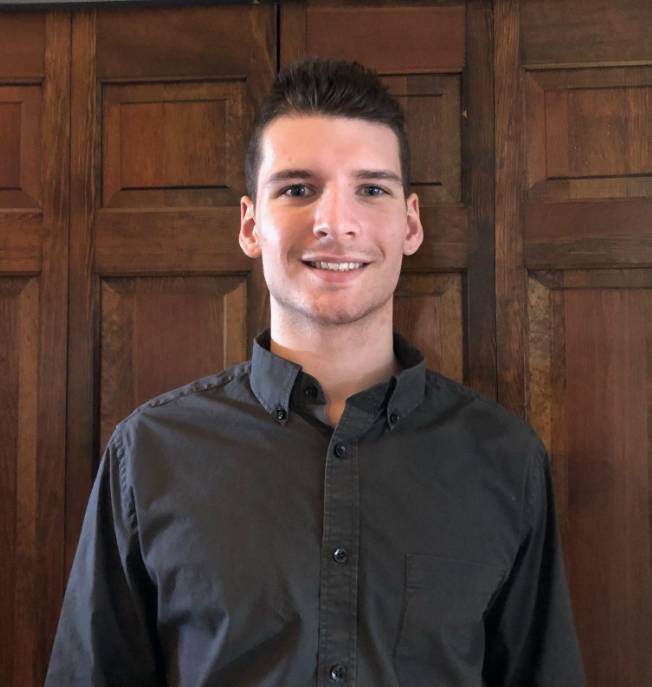Harper College will be closed on Wednesday, February 12 in observance of Lincoln's Day.

During a year when students across the globe have had to change how they interact
with teachers, attend classes and even learn, the Honors Program at Harper College has brought its students connection, community and opportunity.
Most honors classes are in an Online LIVE (synchronous) format, which means they occur live and at a scheduled time. Most are based and rely heavily on student participation, honors advisor John Garcia says.
“In honors, if you’re in a synchronous class, it’s an entire discussion-based class,” he says. “The students are running the show.”
It’s one of the things Ashley Rosenthal enjoys so much about her honors classes: They’ve not only increased her confidence in interacting with others, but they’ve provided a way to connect during a time when connection is sorely lacking.
“It’s so difficult when you don’t have the ability to go out and see your friends and socialize,” she says. “The Honors Program has provided me with such a sense of support and community through a time that can be so lonely for so many people.”
Students come to the program through a variety of ways, Garcia says: Some are recruited out of high school. Others are recommended after they begin at Harper, if a professor notices they might be a good fit. There are some general guidelines—a 3.5 GPA and a 1200 SAT for incoming freshman, for example—but they’re not strict cutoffs. Students who are interested whose scores might be below those qualifications are still encouraged to apply, he says.
These three current honors students are all at different points of their academic journeys, and each has found different benefits from the Honors Program.
Searching for her path

An early seminar course showed Ashley that in Harper honors classes, she would receive the support she needed to know she was on the right path. Currently, that path doesn’t quite have a clear end in sight: She plans to graduate with an associate degree in general studies in spring 2022, and she plans to continue on to a four-year university, but she’s unsure what she’ll study. She knows what she likes—the liberal arts, communication and the arts—but the details are still vague.
“Coming out of that seminar course, the most important thing I learned was that I’m now comfortable and happy with being undecided and taking the time to figure out what I want to do,” says Ashley, of Hoffman Estates. “In honors, the amount of support from the professors and the genuine care and love, it’s just there, and you feel it.”
Conducting research to better students’ experience
 Leia Ladios was about two weeks away from high school graduation when she decided
she would attend Harper College. She had been accepted into a university but was unable
to afford the tuition, and, like Ashley, she received one of Harper’s Distinguished
Trustee Scholarships, so her tuition and books were covered.
Leia Ladios was about two weeks away from high school graduation when she decided
she would attend Harper College. She had been accepted into a university but was unable
to afford the tuition, and, like Ashley, she received one of Harper’s Distinguished
Trustee Scholarships, so her tuition and books were covered.
The Honors Program has two parts: honors courses and an optional extracurricular component, Garcia says, such as the Honors in Action project, which is run by the Phi Theta Kappa honor society. In the fall, Leia started work on her Honors in Action project, which focuses on students’ virtual learning experience. The goal is to improve an online testing software that is stressful for students and affecting student/professor relationships, says Leia, of Rolling Meadows.
Working on this project with other honors students has been amazing, Leia says, and she’s grateful that the program encouraged her to get involved with Honors in Action. It’s just another reason she’s happy to be part of the Honors Program.
“I think one of the best things about (honors classes) is the small teacher-to-student ratio,” she says. “The classes are just taught in a different way. There’s a lot of more focus on overall understanding.”
Leia is currently pursuing two associate degrees—information systems and computer science—and she plans to graduate in December. Then, the hope is to attend a four-year school to study computer science.
The question is: Where will she get her degree? Leia and her family moved to the area four or five years ago, from Philippines. Since she turned 21, she can no longer refile for her visa with her father, who has a work visa. She’s recently filed for an F-1 student visa, which is for full-time students at accredited academic institutions, with the help of Harper College; and she’s waiting to see how that turns out.
It’s all about the discussion
 Connor Hults is an honors student who’s already graduated from Harper College, with
an associate degree in social science. However, he plans to double major in psychology
and neuroscience at the University of Illinois, so he’s taking a few extra general
education classes at Harper.
Connor Hults is an honors student who’s already graduated from Harper College, with
an associate degree in social science. However, he plans to double major in psychology
and neuroscience at the University of Illinois, so he’s taking a few extra general
education classes at Harper.
The best parts of being in the Honors Program have been the professors, he says. He points to Assistant Professor Rebecca Scott’s intro to philosophy class as a favorite.
“The class is essentially formatted so we’d read these books, and she was giving us a forum to talk about our ideas and hash out the ideas,” said Connor, of Hoffman Estates. “She would join the conversation, but it was sort of what we made out of it, and I appreciated that.”
Connor has also gotten to participate in off-campus projects, such as the Honors Council of the Illinois Region’s student symposium, where he presented research based on a paper he wrote for a Harper class, about artificial intelligence. In the paper, Connor had to choose a modern thinker and argue that they would be one day regarded as a great thinker, along the lines of an Einstein for a Freud.
His honors classes provided “opportunities to really hash out ideas and talk about things in a really thorough manner with other people who were interested in ideas,” he says.